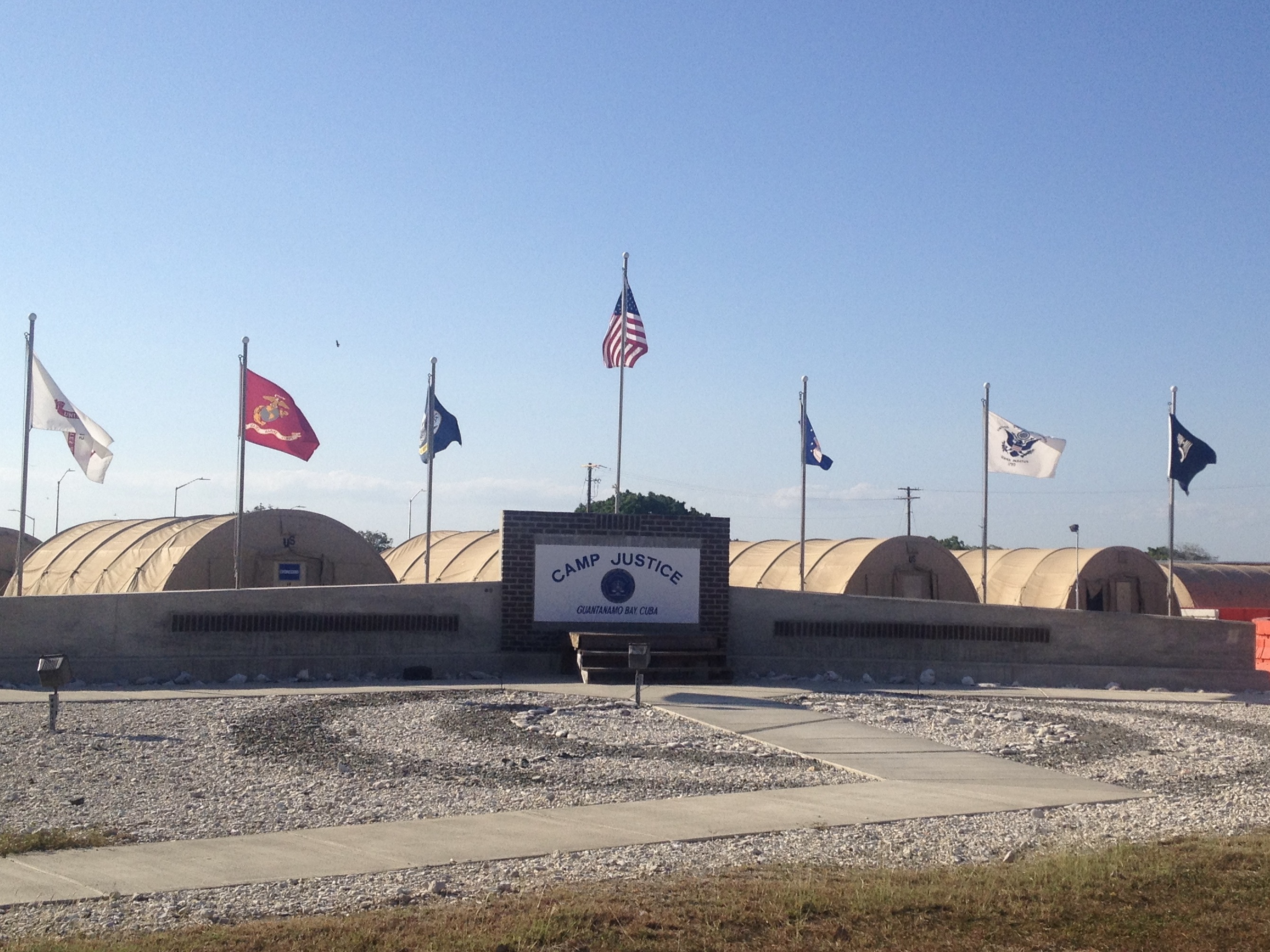Today's Headlines and Commentary
Let's begin with the rather-sudden developments in a future U.S.-Afghan security agreement: Afghans want President Obama to admit American military errors in exchange for compromise on American counterterrorism raids on Afghan homes---although those raids, and other aspects of the US presence, remain deeply unpopular with the Afghan public. Rod Nordland of the New York Times reports.
Published by The Lawfare Institute
in Cooperation With

Let's begin with the rather-sudden developments in a future U.S.-Afghan security agreement: Afghans want President Obama to admit American military errors in exchange for compromise on American counterterrorism raids on Afghan homes---although those raids, and other aspects of the US presence, remain deeply unpopular with the Afghan public. Rod Nordland of the New York Times reports. The Washington Post has more on the continuing negotiations.
Moving west, we learn that at least 37 people were killed and at least 80 wounded in bomb blasts in Baghdad.
Moving further west: The Times tells us that a car bomb killed ten Egyptian soldiers and seriously wounded 35 others in the Sinai. Tahrir Square was also the site of a small protest today, at which activists and revolutionaries denounced military leader Gen. Abdul-Fattah el-Sisi. Writer Alaa Al Aswany penned this op-ed arguing that "[t]he battle for Egypt is being waged on two fronts: one against the terrorist operations carried out by Morsi supporters, and the other to bring into existence a true democratic state."
Meanwhile, nuclear talks with Iran resumed in Geneva today after a deal failed to materialize two weeks ago, reports the Times. Iranian Foreign Minister Mohammad Javad Zarif released a video about Iranian intentions ahead of the talks, which Max Fisher at the Post discusses. And British Prime Minister David Cameron spoke to Iranian President Hassan Rouhani on the phone, according to the Guardian.
In a small (but rare) concession from lawmakers, Republican and Democratic Senate leaders agreed to President Obama's requests to hold off on a vote to impose stronger economic sanctions on Iran while the current round of talks is underway. The Post, the Times, and Politico have more on that. Barak Seener, CEO of Strategic Intelligentia. writes about why Israel and the Gulf states are wary of negotiations in this piece on CNN.
Make sure to check out this nifty graphic by Sergio Pecanha for the Times on Iran's nuclear program and what possible agreements might look like. And Nick Thompson of CNN has "11 things you need to know" about the talks.
The Iranian embassy in Beirut was bombed yesterday, killing at least 23 people. An Al Qaeda affiliate, the Abdullah Azzam Brigades, claimed responsibility and said more attacks would follow unless Iran withdrew from Syria and stopped supporting President Bashar al-Assad. Reuters has the story, as does CNN.
Forget the Abdullah Azzam Brigades, an Iranian foreign ministry spokeswoman blamed Israel for the bomb blast in Beirut. Agence France Presse tells us about that, and other Israel-related remarks made by Iran about the nuclear talks.
Al Shabaab launched an attack on a police station in a town north of Mogadishu, leaving 28 people people dead.
With country after country turning down proposals to destroy Syria's chemical weapons arsenal, the United States is considering another place for the stockpile: the sea. The Times has more. A large demonstration by fish opposed to this plan can be expected tomorrow.
Email the Roundup Team noteworthy law and security-related articles to include, and follow us on Twitter and Facebook for additional commentary on these issues. Visit our Events Calendar to learn about upcoming national security events, and check out relevant job openings on our Job Board.
Ritika Singh was a project coordinator at the Brookings Institution where she focused on national security law and policy. She graduated with majors in International Affairs and Government from Skidmore College in 2011, and wrote her thesis on Russia’s energy agenda in Europe and its strategic implications for America.

.jpg?sfvrsn=d49aa3bf_5)


